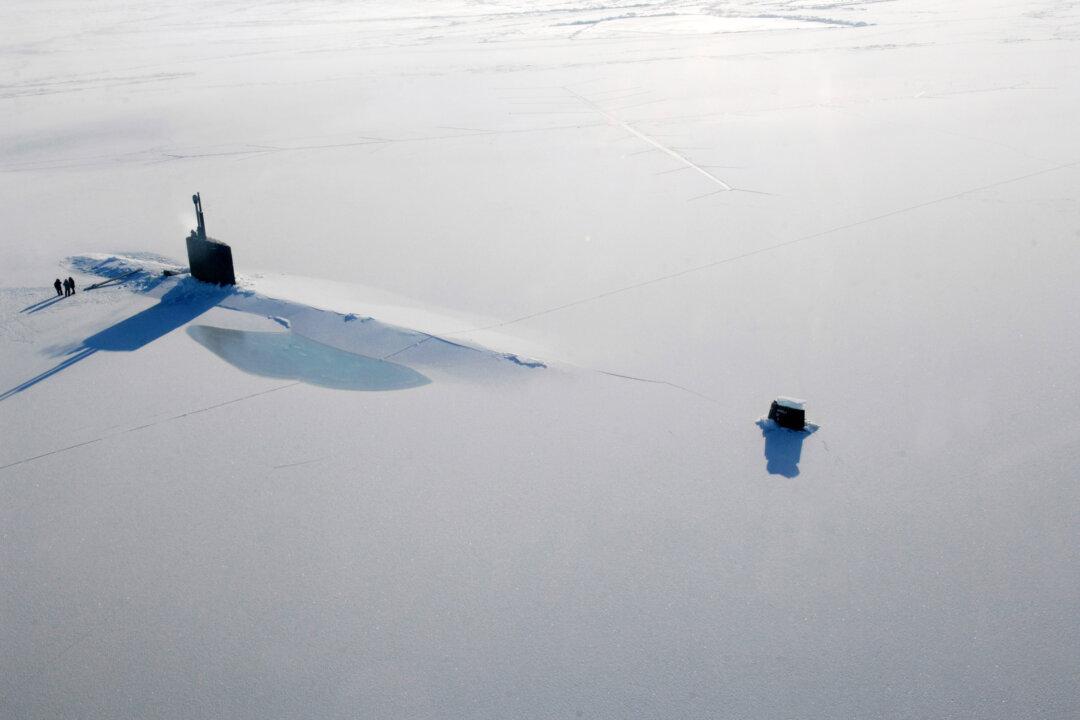Conn Hallinan
Author
LATEST
A Terrible Beauty: Remembering Ireland’s 1916 Easter Rebellion
Ireland was a laboratory for every manner of colonial repression by the British. 100 years after the Easter Rebellion, it is once again—this time by banks.
|
Socialists Rain on Spain
The Socialists’ habit of running from the left and governing from the center is not a formula that will work anymore in Spain.
|
Irish Shillelagh Austerity
Whatever credibility austerity had is now lost on much of Europe.
|
Judgment Day for Austerity in Irish Election
A coalition of leftists and independents may come out on top in the Irish election.
|
Turning the European Debt Myth Upside-Down
Myths are dangerous because they rely more on cultural memory and prejudice than facts.
|
The Big Chill: Tensions in the Arctic
One hundred and sixty-eight years ago this past July, two British warships—HMS Erebus and HMS Terror—sailed north into Baffin Bay, bound on a mission to navigate the fabled Northwest Passage between the Atlantic and the Pacific oceans. It would be the last that the 19th-century world would see of Sir John Franklin and his 128 crew members.
But the Arctic that swallowed the 1845 Franklin expedition is disappearing, its vast ice sheets thinning, its frozen straits thawing. And once again, ships are headed north, not on voyages of discovery—the northern passages across Canada and Russia are well known today—but to stake a claim in the globe’s last great race for resources and trade routes.
|
Will Sanctions Sideline the US Dollar?
The use of sanctions as an international cudgel has long been complicated by some nasty unintended consequences.
For the United States and the world economy, one consequence could be particularly significant: The recent round of sanctions aimed at Moscow over the crisis in Ukraine could backfire on Washington by accelerating a move away from the dollar as the world’s reserve currency.
|
Continental Drift: Europe’s Breakaways
“Unhappy families” of Europe — Catalans, Scots, Belgians, Ukrainians, and Italians — contemplate divorcing the countries they are currently a part of.
|
A Terrible Beauty: Remembering Ireland’s 1916 Easter Rebellion
Ireland was a laboratory for every manner of colonial repression by the British. 100 years after the Easter Rebellion, it is once again—this time by banks.
|
Socialists Rain on Spain
The Socialists’ habit of running from the left and governing from the center is not a formula that will work anymore in Spain.
|
Irish Shillelagh Austerity
Whatever credibility austerity had is now lost on much of Europe.
|
Judgment Day for Austerity in Irish Election
A coalition of leftists and independents may come out on top in the Irish election.
|
Turning the European Debt Myth Upside-Down
Myths are dangerous because they rely more on cultural memory and prejudice than facts.
|
The Big Chill: Tensions in the Arctic
One hundred and sixty-eight years ago this past July, two British warships—HMS Erebus and HMS Terror—sailed north into Baffin Bay, bound on a mission to navigate the fabled Northwest Passage between the Atlantic and the Pacific oceans. It would be the last that the 19th-century world would see of Sir John Franklin and his 128 crew members.
But the Arctic that swallowed the 1845 Franklin expedition is disappearing, its vast ice sheets thinning, its frozen straits thawing. And once again, ships are headed north, not on voyages of discovery—the northern passages across Canada and Russia are well known today—but to stake a claim in the globe’s last great race for resources and trade routes.
|
Will Sanctions Sideline the US Dollar?
The use of sanctions as an international cudgel has long been complicated by some nasty unintended consequences.
For the United States and the world economy, one consequence could be particularly significant: The recent round of sanctions aimed at Moscow over the crisis in Ukraine could backfire on Washington by accelerating a move away from the dollar as the world’s reserve currency.
|
Continental Drift: Europe’s Breakaways
“Unhappy families” of Europe — Catalans, Scots, Belgians, Ukrainians, and Italians — contemplate divorcing the countries they are currently a part of.
|










